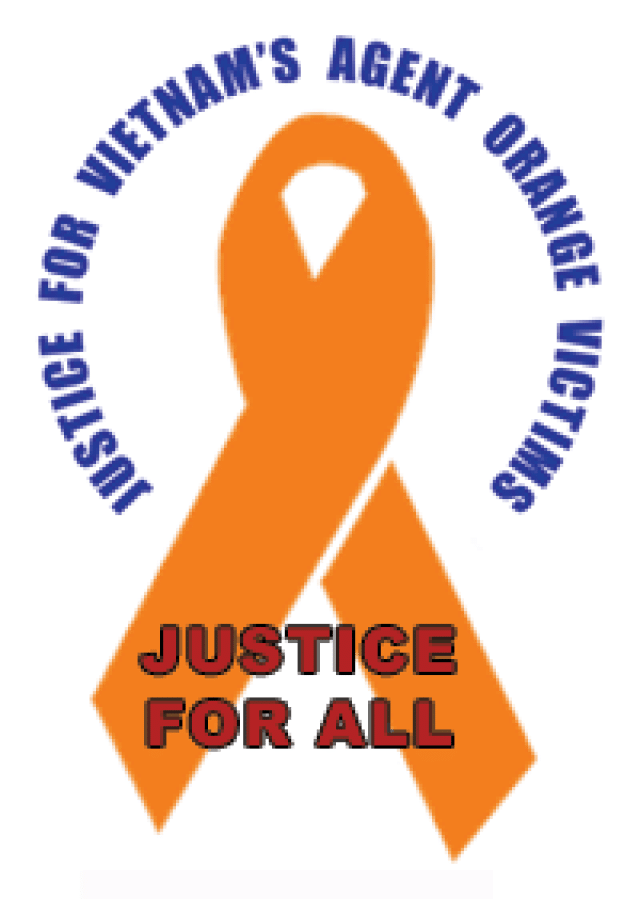
Even though the US war on Vietnam ended nearly 40 years ago, the US’s saturation chemical bombing during that war is still wreaking havoc on the lives of at least 3 million people in Vietnam — including the newly born, making them third generation victims.
Nobody knows when the congenital deformities, one of many horrific health consequences of the toxic chemicals, will end.
The main chemical in question is nicknamed Agent Orange — a class-one human carcinogen dioxin. About 80 million litres of it and other similar “defoliants” were sprayed or dumped by the US military on about 10% of central and southern Vietnam for 10 years until 1971.
Dioxin is chemically stable and does not dilute in water, so it doesn’t easily decompose. It still exists in concentrated forms in Vietnam today, penetrating the ecosystems and food chains of parts of Vietnam.
This enables it to continue to claim new victims, especially among the younger generations, for the mere fact that people — many of whom are dirt poor and seriously impoverished — live off the land and water systems contaminated by it.
Women with dioxin in their blood can pass it on to their offspring, including through breast milk.
“Agent Orange Justice — Australia Vietnam Solidarity Network” is a new organisation being established as the Australian section of the international campaign to hold the United States government responsible for the disaster it created as a result of its 10-year spraying of Agent Orange between 1961 and 1971.
The international campaign is spearheaded by the Vietnam Association of Victims of Agent Orange/Dioxin (VAVA), which was formed in 2003 by Vietnamese doctors, scientists, Agent Orange victims and their supporters, with supporting organisations in many countries.
It aims to pressure the US government, and the chemical companies that produced Agent Orange, to pay to clean up the toxic mess still contaminating parts of Vietnam’s environment and to provide adequate compensation to the 3 million Vietnamese affected by this chemical.

For years, the Vietnamese have been pursuing the US government through diplomatic channels to get them to accept responsibility for the health and environmental consequences left by its application of Agent Orange in their country. Yet these negotiations didn’t get very far.
The US government has repeatedly said that it doesn’t recognise any legal liability for damages “alleged” to be related to Agent Orange.
In 2004, VAVA launched a civil law suit in a US district court against nearly 40 US chemical companies for their role in supplying the Agent Orange used to ravage Vietnam.
Defendants include major US multinational companies such as Dow Chemical, Monsanto, Hercules and Occidental Chemical. To date, this has been unsuccessful, with the US Supreme Court final rejecting it in March 2009, despite an international petition that collected 12 million signatures in support of the campaign.
However, another lawsuit is now in the making.
To mark the 50th anniversary of the US’s first spraying of Agent Orange in Vietnam, which falls on August 10, VAVA is hosting the Second International Conference on the Victims of Agent Orange/Dioxin on August 8-9 in Hanoi.
In addition to this solidarity with this campaign, Agent Orange Justice will also aim to raise awareness of the issue more broadly in the Australian community, pressure the Australian government to recognise its responsibility for this disaster as part of the US war on Vietnam, link this issue with other anti-war issues, and do our own small part in raising solidarity funds for the victims.
A public launch of thenew organisation will be held on June 1 at the Teachers Federation building in Surry Hills, at 6.30pm, to be addressed by Jack Mundey and Lee Rhiannon, among others.